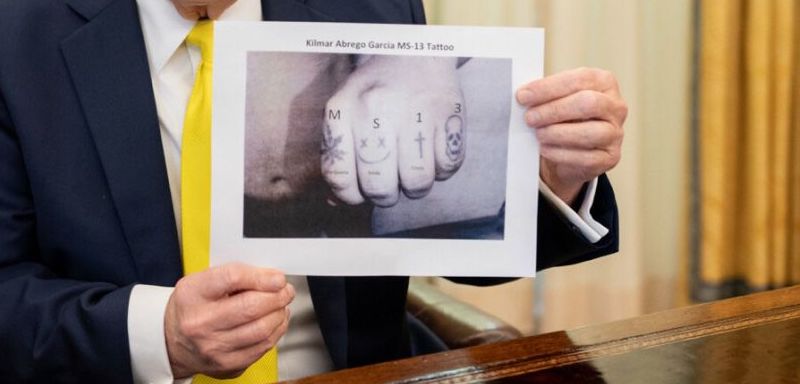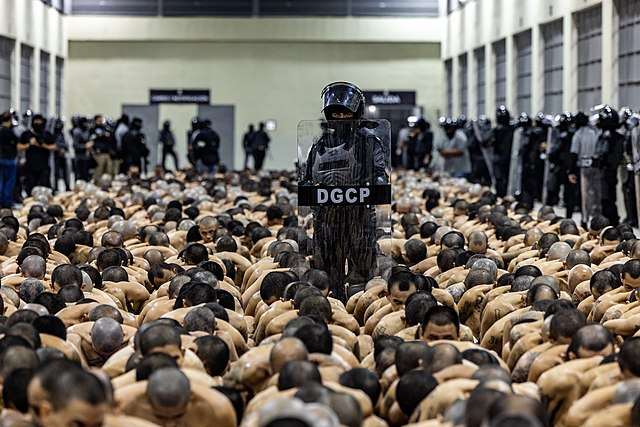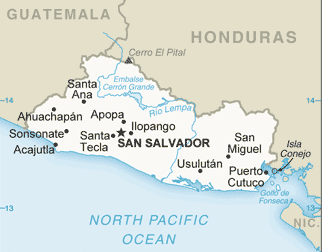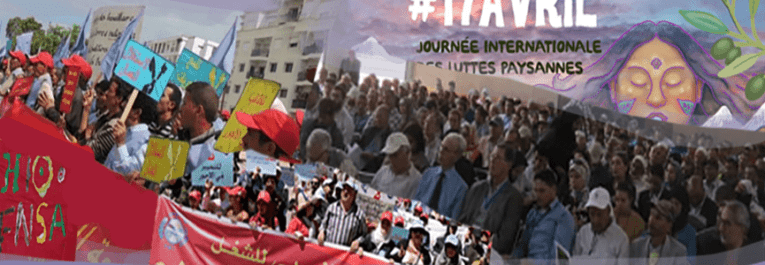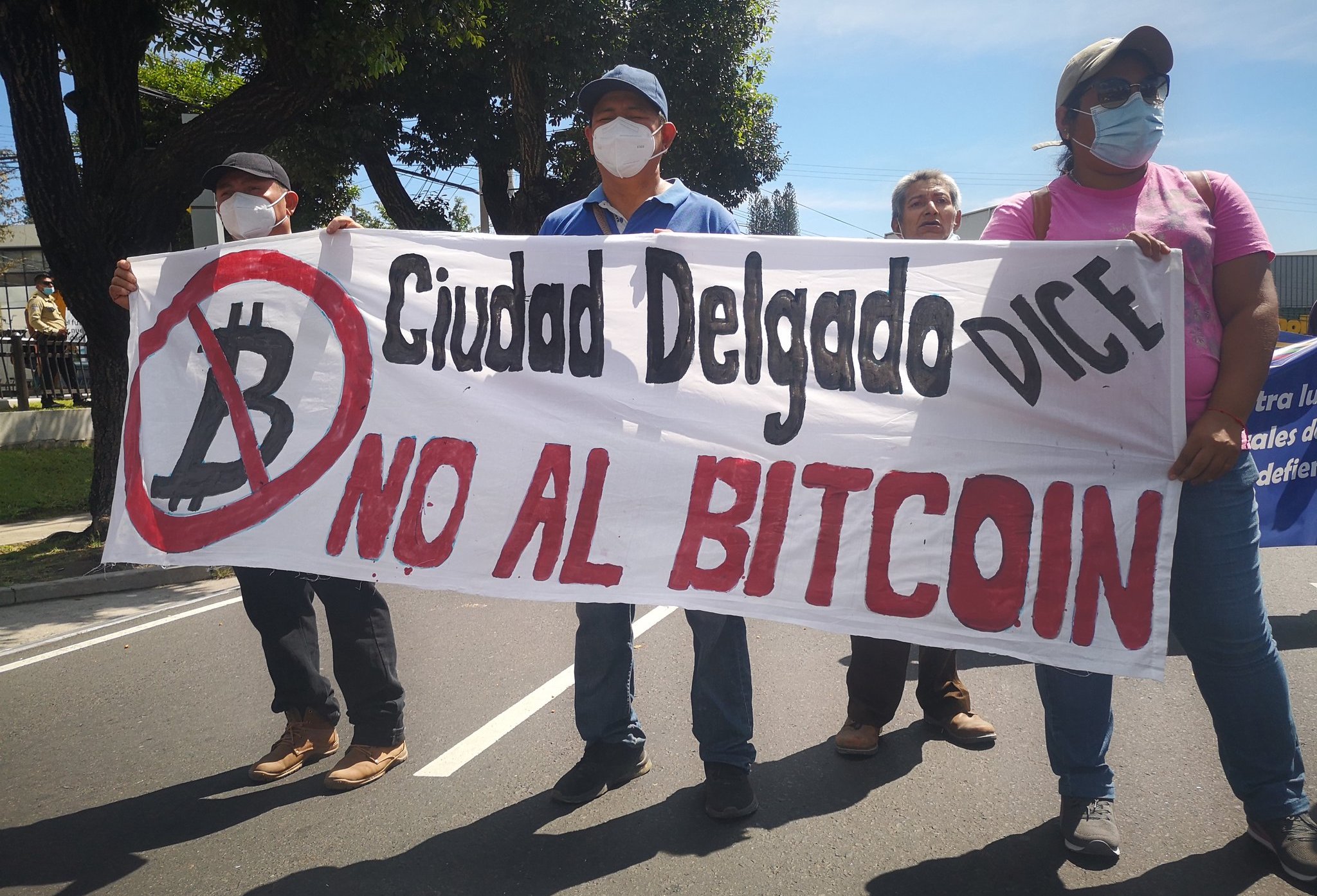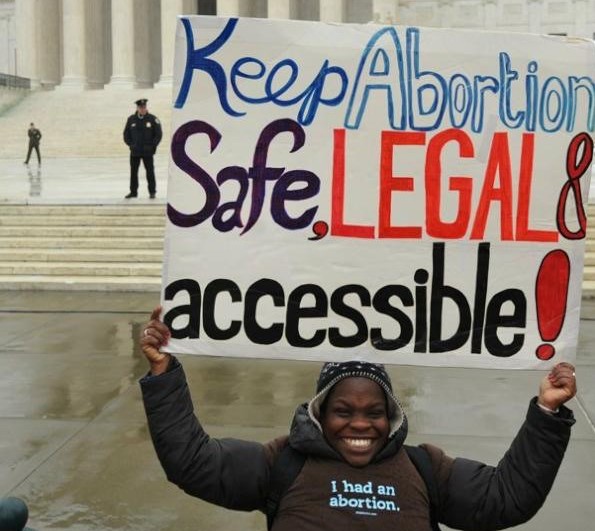
Podcast: MAGA-fascism and the struggle in Libya
Since alarming reports broke that Trump is preparing deportation flights to Libya, the plan has happily been put on hold by the courts—as well as denied by both of Libya’s two rival governments. But Libya, like El Salvador, was clearly chosen because of its horrific human rights record, with a UN investigation characterizing its treatment of detained migrants as crimes against humanity. A migrant detention center was even bombed in the inter-factional fighting in Libya six years ago, killing scores of inmates. And news of US plans to send detainees there comes just as a new round of fighting has broken out in Tripoli—involving a militia headed by the warlord “Gheniwa,” who has himself been implicated in atrocities against migrants. Bill Weinberg raises the alarm in Episode 278 of the CounterVortex podcast. (Map: Perry-Castañeda Library)



